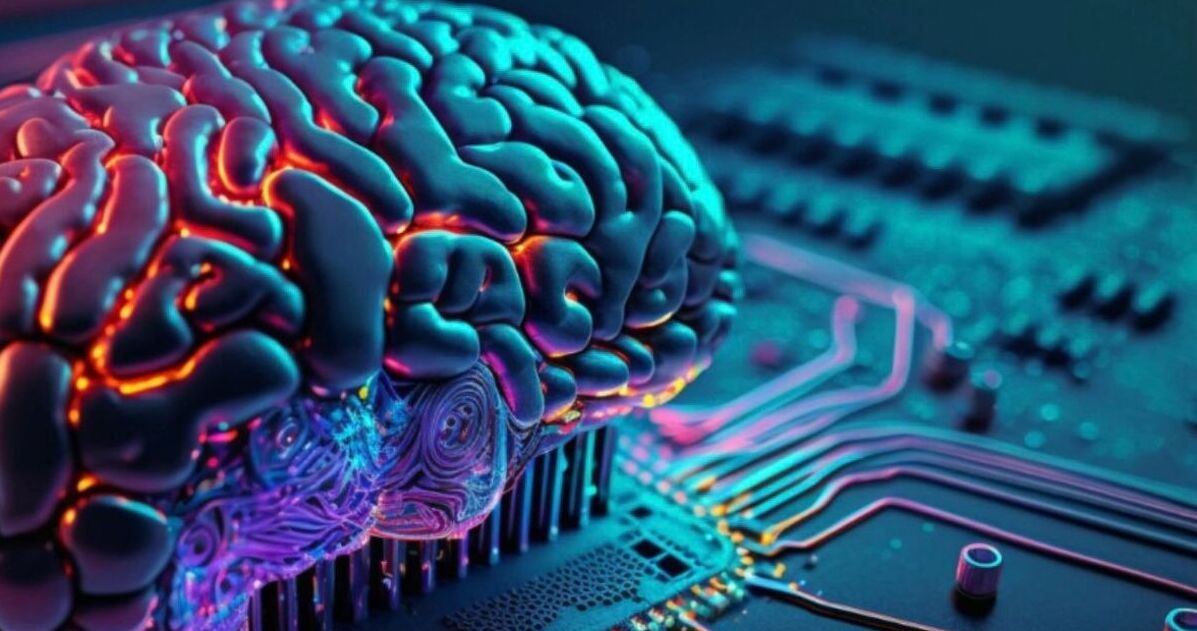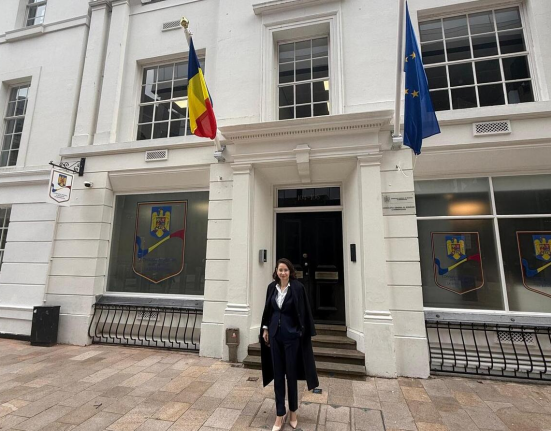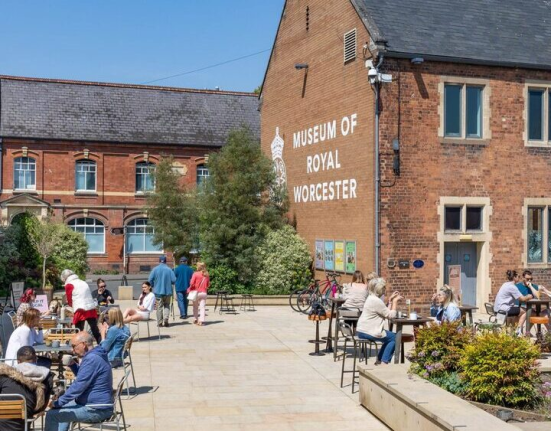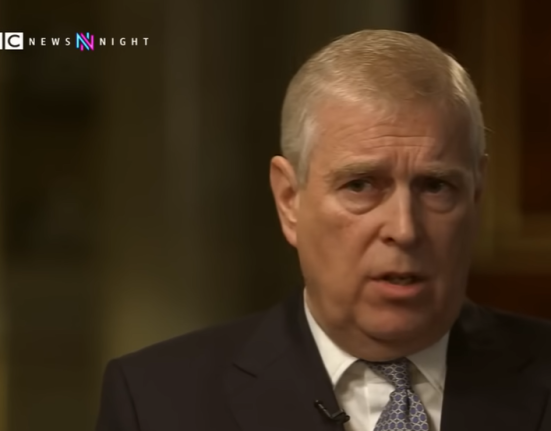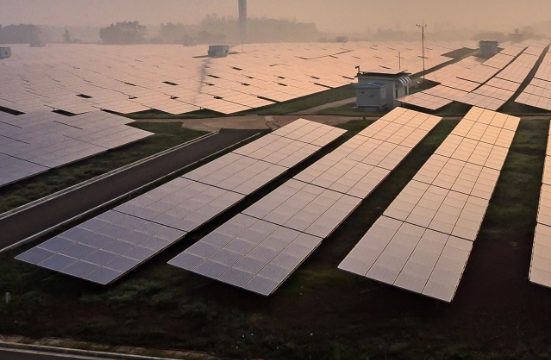What remains when the machines take the work?
Imagine a world where your benefit to others is the measure of success, not the accumulation of wealth.
Now imagine that world built by machines – efficient, tireless and indifferent to legacy. As artificial intelligence strips productivity from human input, what remains of our creativity? What survives when the spreadsheet sings and the canvas is coded?
The answer is not found in output – it’s found in origin.
Creativity is not a commodity
AI excels at replication, acceleration and optimisation. It can mimic style, generate prose, compose symphonies and even paint portraits. But it cannot originate meaning. It cannot feel the weight of a moment, the sting of injustice or the quiet triumph of resilience. Human creativity is not a tool – it is a testament. It is forged in struggle, shaped by context and driven by purpose.
When AI writes a poem, it does so from pattern. When a human writes a poem, it may be to survive grief, to honour a friend or to raise a flag over a city that dared to believe again.
The value of human creativity
What remains is intention. What remains is legacy. What remains is the ability to create not just for efficiency, but for impact.
Humans create to connect, to heal, to provoke. AI can simulate tone, but not truth. It can mimic emotional resonance without really knowing what it is.
Or take civic and cultural identity: Creativity is how communities remember, celebrate and evolve. AI can document history, but it cannot belong to it.
What about moral imagination? Humans imagine futures not just of progress but of justice. AI can optimise systems, but it cannot challenge them.
As for spiritual and symbolic depth – like a flag, a poem or a mural – these are not outputs but declarations. AI can replicate symbols, but it cannot feel their meaning.

Productivity is not the pinnacle
Let us not confuse productivity with purpose. AI may efficiently perform the labour in a process, but it cannot replicate the soul in a story.
The value of human creativity lies not in what it produces, but in why it produces. In the face of automation, our role is not diminished – it is defined.
We are the authors of meaning. The architects of legacy. The guardians of nuance.
What we must defend
As AI reshapes the landscape, we must defend the terrain of human creativity – not as a nostalgic relic, but as a strategic imperative.
In Birmingham, in the West Midlands, across Britain and the wide world beyond, in every sector and civic institution, we must ask:
Are we amplifying human voice, or outsourcing it?
Are we creating platforms for originators, or pipelines for imitators?
Are we measuring success by impact, or by output?
Let AI do the tasks – as we humans author the meaning.

